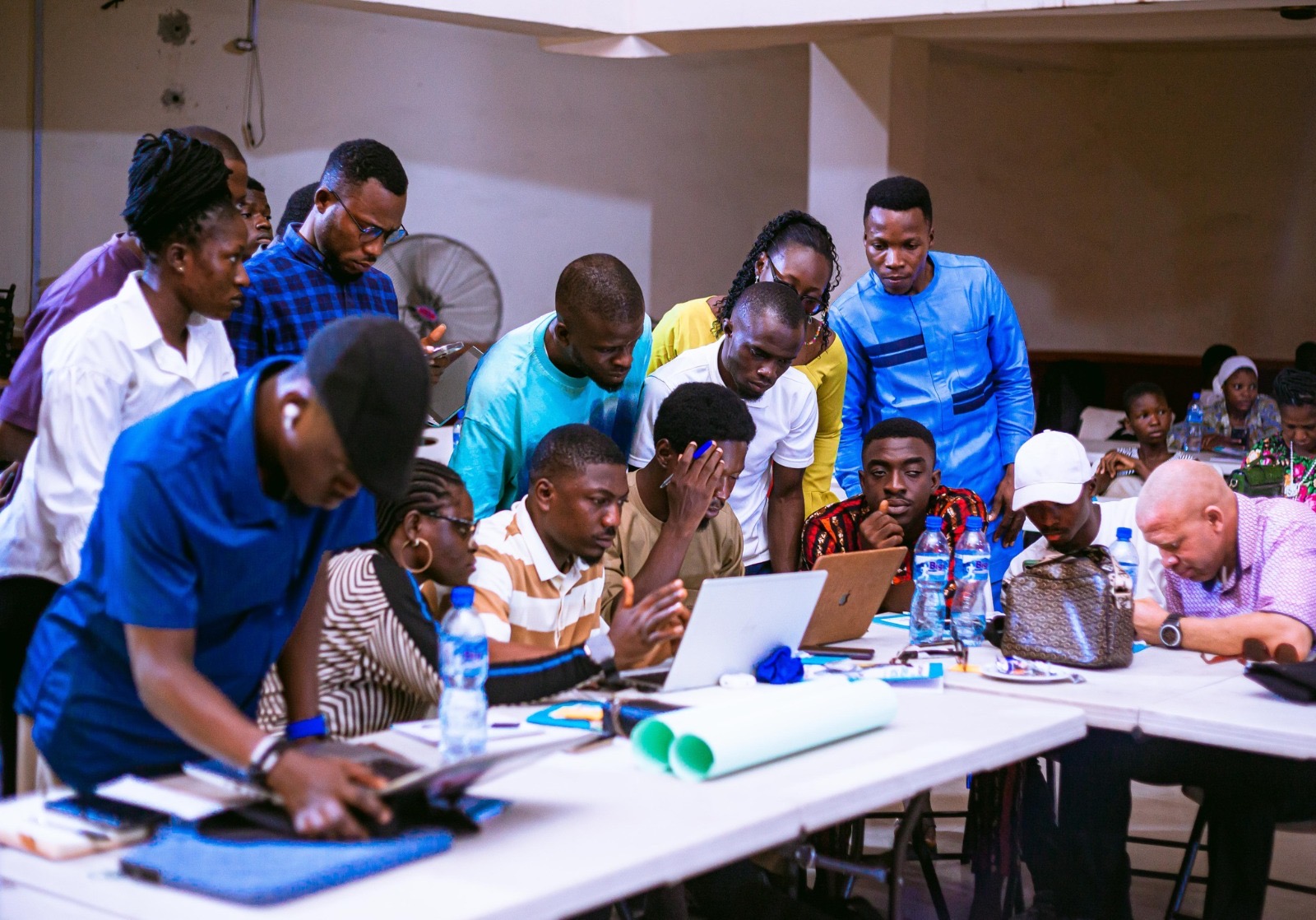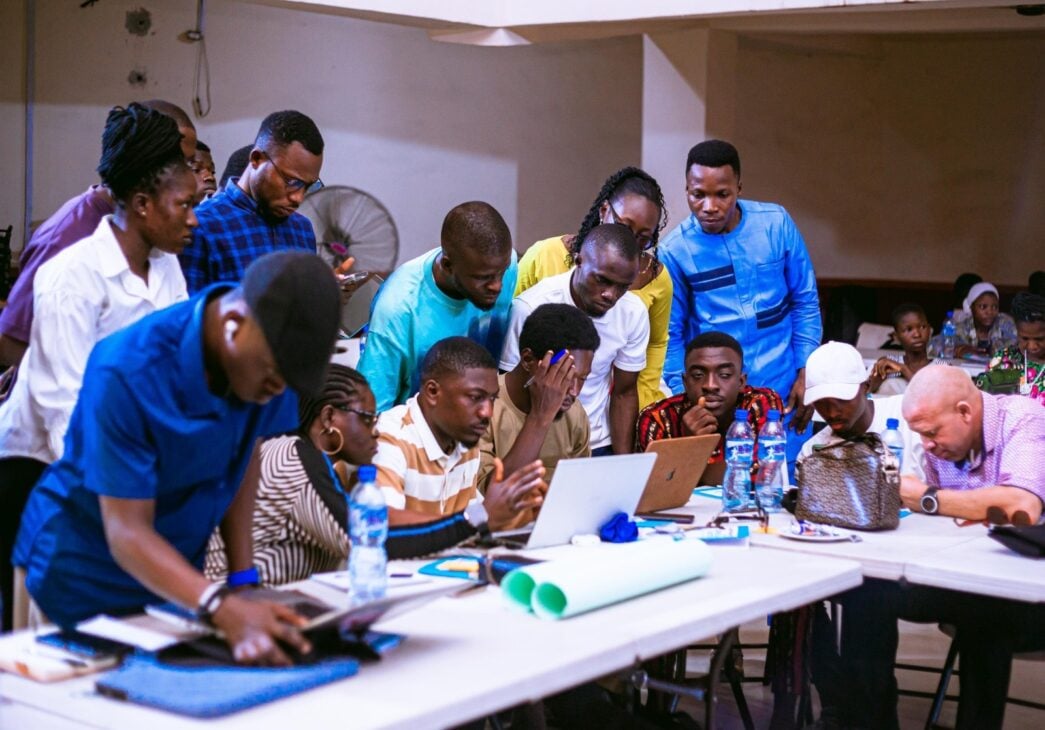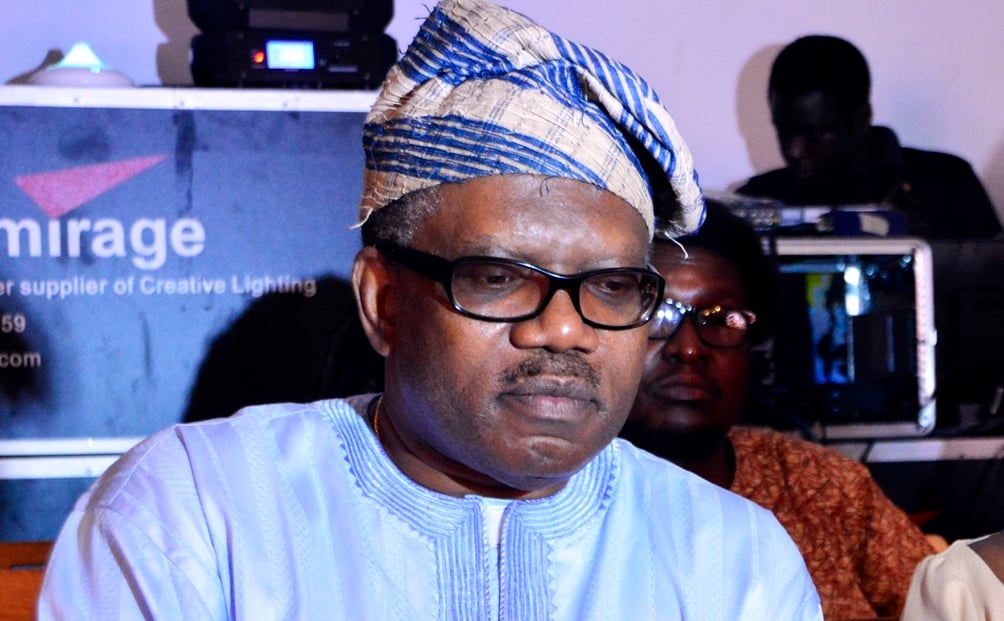FactCheckAfrica says it has trained more than 500 journalists, youth civic actors, human rights activists, lecturers, non-profit founders, students, young feminists, and community leaders on the responsible use of artificial intelligence for governance and accountability.
The training was held through the organisation’s digital democracy lab project, supported by the Nigeria Youth Futures Fund (NYFF) catalyst grant. The workshops took place in the state capitals of Ibadan, Osogbo, Ado-Ekiti, and Akure.
Over the past weeks, the organisation has strengthened public understanding of emerging AI technologies and demonstrated how such tools can support civic participation, public oversight, and the fight against information pollution.
Although the workshops were designed to introduce participants to AI fundamentals, organisers say the impact has gone beyond training by influencing local civic participation and inspiring citizen-led accountability initiatives that did not exist months ago.
Advertisement
One of the biggest outcomes emerged from the Osogbo session, where participants formed thematic accountability clusters across sectors, including health, education, agriculture, youth and sports, works and infrastructure, and technology and innovation.
The groups have begun reviewing state budget lines, identifying discrepancies in spending patterns, and drafting questions for relevant ministries — a model that has since been replicated in other states.
In Osun, a participant-led initiative gained traction after Joseph Adebayo, a youth advocate and workshop attendee, independently took action following the training.
Advertisement
“We had an engagement during the workshop, and I felt we needed to push it further. I drafted a petition for young people to sign. Once we reach 100 signatures, we’ll attach it to a Freedom of Information request to the Ministry of Youth. This training gave us the courage to ask questions,” Adebayo said.
His initiative has inspired similar civic monitoring actions across the southwest.
Lukman Adeoti, project lead of the digital democracy lab, said the workshops are reshaping civic engagement in the digital age.
“Across these four states, one thing has become clear: citizens want to understand how government money is spent, and they want tools to hold institutions accountable. AI gives them that power. But responsible use is essential. AI is a guide, not a final authority, and every insight must be cross-checked with verifiable data,” Adeoti said.
Advertisement
He added that many participants said they previously had no practical knowledge of how to access or scrutinise government budgets, noting that “public funds shape our schools, hospitals, farms, and youth futures, but most citizens cannot see how the money is spent. These workshops are changing that”.
Participants at the workshops engaged in hands-on sessions analysing real budget documents, reviewing expenditure reports and using AI-powered tools such as MyAIFactChecker to verify claims about governance and civic issues.
Habeeb Adisa, co-editor of FactCheckAfrica, warned about the growing complexity of misinformation.
Adisa added that the digital democracy lab is strengthening the institutional capacity of youth-led organisations across the region.
Advertisement
“We are in an age where misinformation spreads faster than facts. Deepfakes and AI-generated narratives threaten democratic participation. These young people are becoming the first line of defence against misinformation,” he said.
“It’s not just about training individuals. We are building systems, compliance systems, policy frameworks, AI literacy networks, to ensure the civic sector is strong, resilient, and future-ready,” he said.
Advertisement
The message resonated with journalists in attendance, including Faysol Oluwakemi, who said the workshop would directly improve his reporting.
“I am more informed now. I can use AI tools to verify any information before publishing. This will change my newsroom,” he said.
Advertisement
Mustapha Lawal, program researcher at FactCheckAfrica, said the workshops reflect a broader regional strategy to build a digitally empowered youth ecosystem capable of engaging governance with credible insights and verified data.
“Our goal is to ensure that responsible, ethical, and transparent technology use becomes the norm in civic spaces. We are building a community of young researchers, journalists, and civic actors who understand AI, can interrogate data, and can challenge misinformation with evidence,” Lawal said.
Advertisement
He emphasised that AI should strengthen, not distort, public accountability.
“The same tools that can be misused to create falsehoods can be repurposed to scale truth. With proper human judgement, AI can help us detect inaccuracies faster, track public spending, and amplify community voices calling for transparency,” he said.







